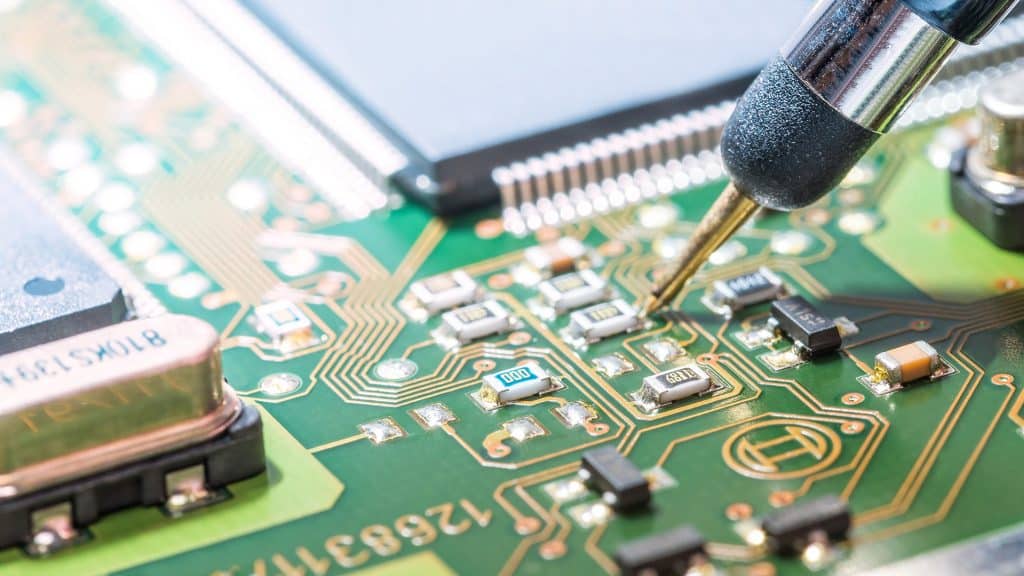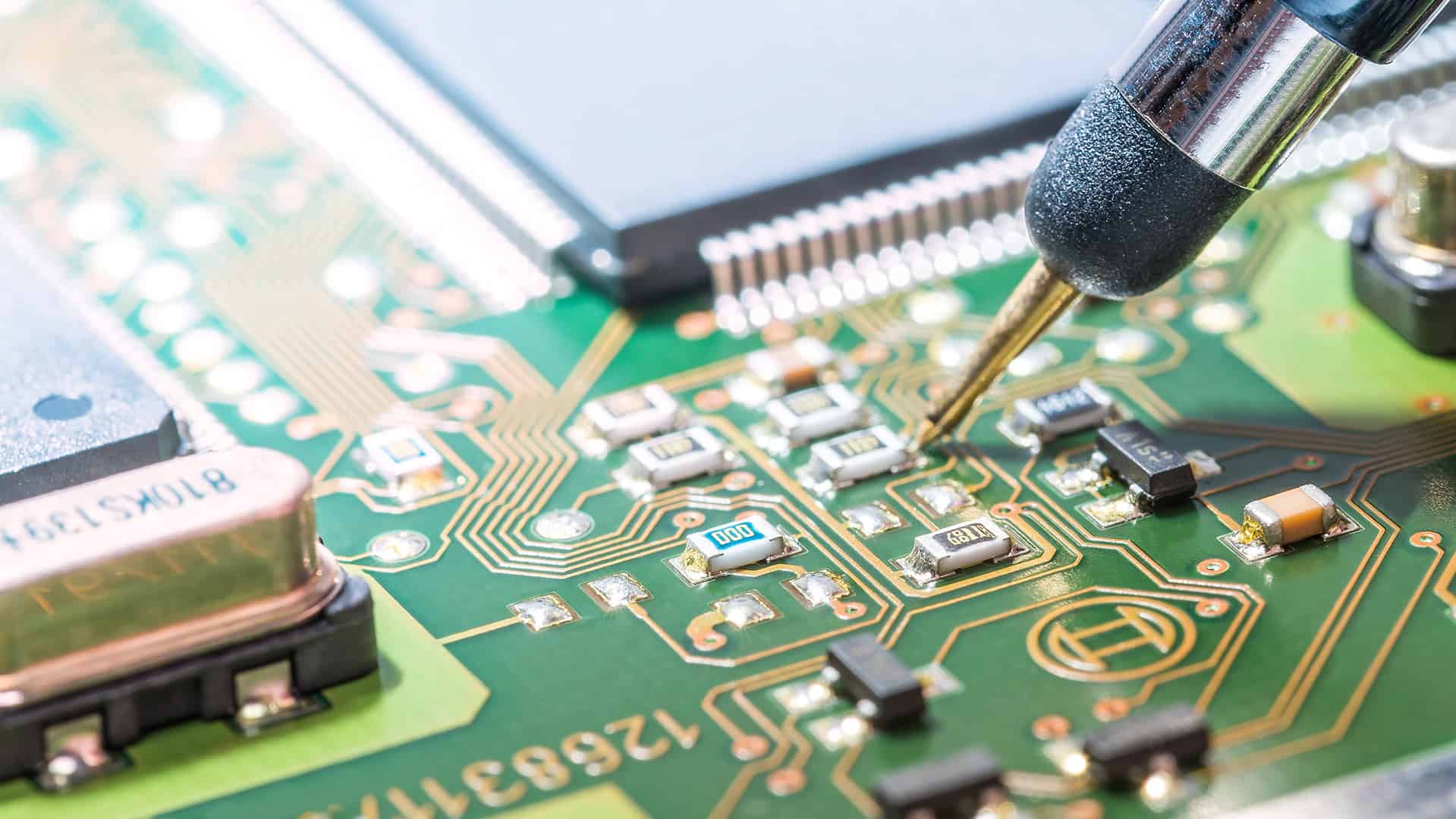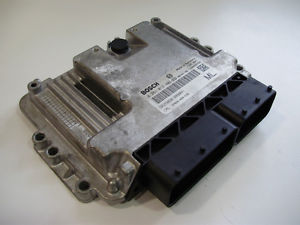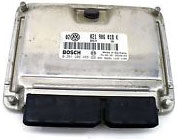In the realm of modern automotive technology, Electronic Control Units (ECUs) play a pivotal role in ensuring optimal vehicle performance. These sophisticated onboard computers are responsible for managing various systems, including engine performance, emissions, transmission, and more. However, like any complex electronic system, ECUs are not immune to issues. In this article, we will explore the world of ECU diagnostics, shedding light on how these systems work, common problems that arise, and how to identify and resolve issues to maintain peak performance.
Read more: Enhancing Performance through ECU Repairs: Unveiling the Power Within
Understanding Electronic Control Units (ECUs)
ECUs are the brain of your vehicle, controlling various functions to ensure they operate efficiently and in harmony. These functions encompass:
- Engine Control: Managing fuel injection, ignition timing, and airflow to optimize engine performance and fuel efficiency
- Transmission Control: Regulating gear shifts and clutch engagement for smooth acceleration and deceleration
- Emissions Control: Ensuring compliance with emission standards by monitoring and adjusting exhaust emissions
- Safety Systems: Coordinating the operation of airbags, anti-lock brakes, and traction control for passenger safety
- Climate Control: Maintaining cabin temperature and airflow as per driver and passenger preferences.
- Entertainment and Convenience Features: Managing infotainment, navigation systems, power windows, and other convenience features
Read more: Revolutionizing Transportation: Electric Cars (ECs) And Battery Technology
Common ECU Issues
Despite their crucial role, ECUs can encounter various issues that affect vehicle performance. Some common problems include:

- Software Glitches: Bugs or software errors can lead to erratic behaviour, such as engine misfires or poor fuel efficiency.
- Sensor Failures: Malfunctioning sensors, such as the Mass Air Flow (MAF) sensor or oxygen sensor, can disrupt the ECU’s ability to make accurate calculations.
- Wiring and Connector Problems: Damaged wires or loose connectors can lead to intermittent issues and sensor malfunctions.
- Faulty Solenoids: Transmission and engine control solenoids can fail, causing shifting problems and poor acceleration.
- Corrosion or Moisture Damage: Exposure to moisture or corrosion can damage the ECU or its connectors.
ECU Diagnostics: Identifying and Resolving Issues
- Diagnostic Tools: Modern vehicles are equipped with onboard diagnostic systems, such as OBD-II (On-Board Diagnostics, version 2). These systems can be accessed using diagnostic tools, allowing mechanics to read trouble codes and pinpoint issues.
- Trouble Codes: When a problem arises, the ECU stores a trouble code, which provides a clue about the issue. Mechanics use code readers or scanners to retrieve these codes and determine the problem area.
- Data Stream Analysis: In addition to trouble codes, diagnostic tools can also display live data streams from various sensors and components. This helps mechanics identify abnormalities and diagnose the root cause of the problem.
- Testing and Inspection: Mechanics may perform physical inspections, such as checking for loose wires or damaged connectors, as well as functional tests to validate sensor and component performance.
- Software Updates: In some cases, ECU issues may be resolved through software updates or reprogramming, which can correct glitches and improve performance.
- Component Replacement: If a specific sensor or component is identified as faulty, it may need to be replaced to restore optimal ECU function.
FAQs
1. What is an ECU, and what does it do?
An ECU, or Electronic Control Unit, is a computerized system in your vehicle responsible for managing and controlling various functions, including engine performance, transmission, emissions, safety systems, and more.
2. What are some common signs that there may be an issue with the ECU?
Common signs of ECU issues include poor engine performance, reduced fuel efficiency, erratic shifting in automatic transmissions, warning lights on the dashboard, and difficulty starting the vehicle.
3. How do I diagnose ECU problems in my vehicle?
ECU problems can be diagnosed using onboard diagnostic tools, such as OBD-II scanners, which can read trouble codes stored in the ECU. Mechanics can interpret these codes to identify the problem area.
4. Can I perform ECU diagnostics on my own, or do I need a mechanic?
While some basic diagnostic tools are available for consumers, it’s often recommended to consult a mechanic or technician with the expertise and specialized equipment to accurately diagnose and resolve ECU issues.
5. What are trouble codes, and how do they help diagnose ECU problems?
Trouble codes are specific codes generated by the ECU when it detects an issue. These codes provide valuable information about the nature and location of the problem, aiding in the diagnostic process.
6. Are ECU issues costly to repair?
The cost of repairing ECU issues can vary widely depending on the nature of the problem, the vehicle’s make and model, and labour costs. Routine maintenance and timely diagnosis can help prevent more expensive repairs.
Read more: ECU Tuning: Unlocking the Full Potential of Your Vehicle’s Engine
7. Can ECU software updates resolve certain issues?
Yes, in some cases, ECU problems may be resolved through software updates or reprogramming. Manufacturers may release updates to address known issues or improve performance.
8. What steps can I take to prevent ECU issues in my vehicle?
Regular vehicle maintenance, including keeping connectors and wiring in good condition, can help prevent ECU issues. Additionally, avoiding extreme temperature conditions and using quality fuel and lubricants can be beneficial.
9. Are ECU issues common in all types of vehicles?
ECU issues can occur in all types of vehicles, from compact cars to trucks and SUVs. The complexity of modern vehicles makes ECUs essential, but also potential points of failure.
How can we help?
At ECU Repairs, we not only repair the ecu’s but also carry a large number of units in stock ready to swap and are constantly updating our stock lists to hold the more demand ecu’s and offer our customers a wider range.
With the latest in technology test rigs setup to extensively test all ecu’s as though they were plugged in to the vehicle. We test all ECU units for up to 24-48 hours so we’re able to verify every fault found and also catch out the intermittent faults and possibly any the customer was not even aware of.
Conclusion
ECU diagnostics are essential for maintaining and restoring your vehicle’s optimal performance. By understanding the role of ECUs, recognizing common issues, and employing diagnostic tools and methods, you can address problems promptly, ensuring your vehicle runs smoothly and efficiently. Regular ECU maintenance and diagnostics not only extend the lifespan of your vehicle but also enhance fuel efficiency, reduce emissions, and keep you safe on the road.


